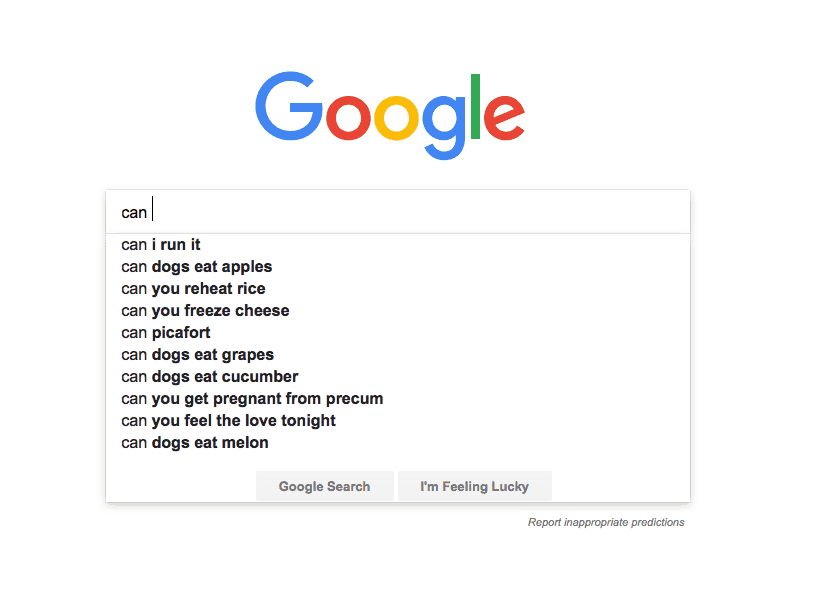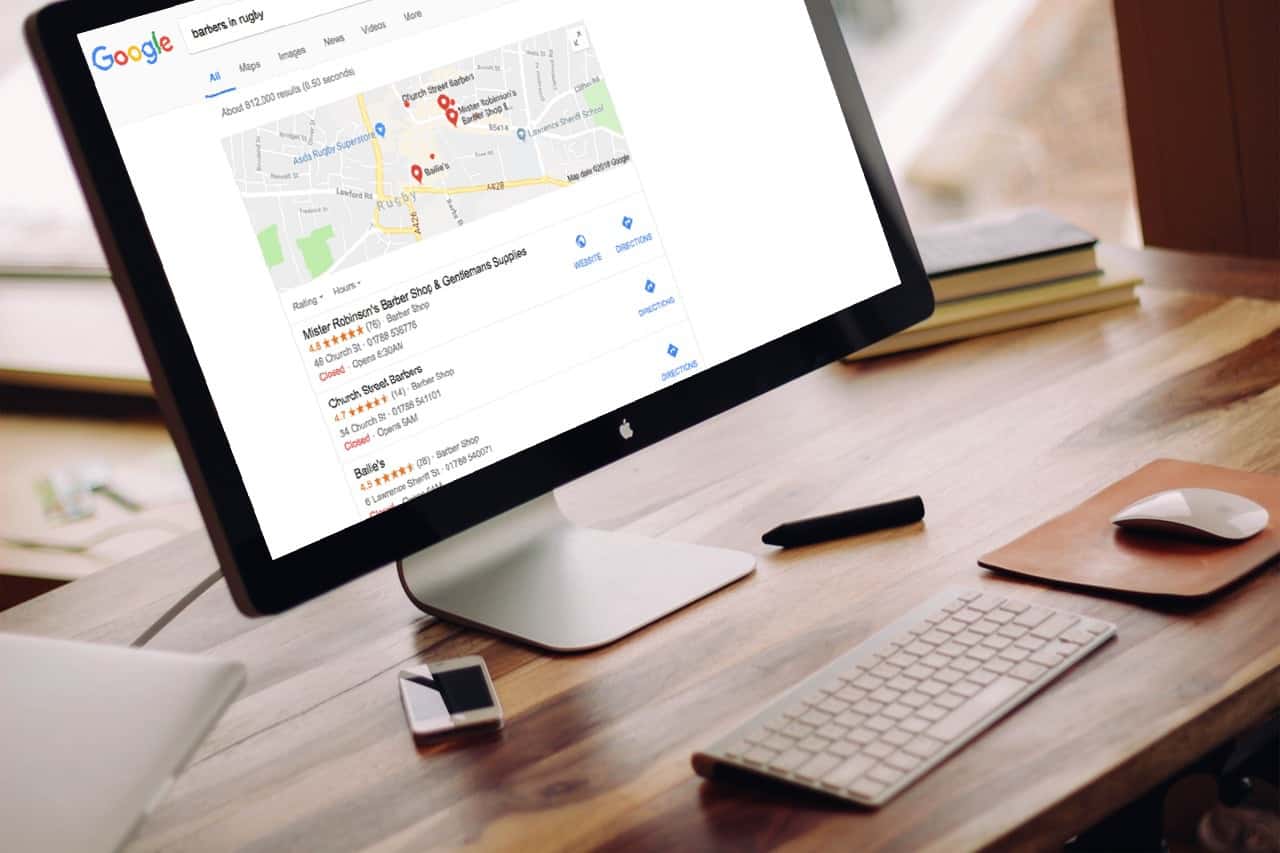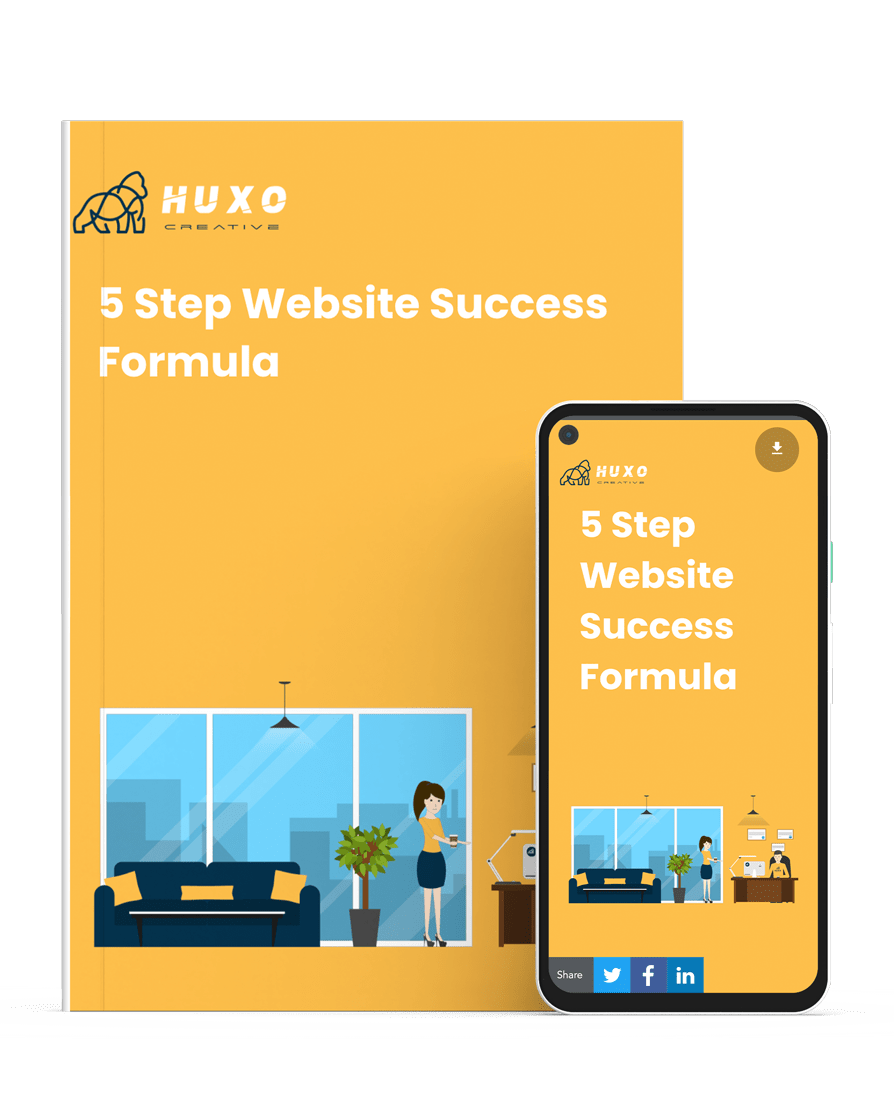Discover how to get your website ranked higher on Google, Bing, and other search engines with our easy-to-follow SEO guide.
You can have the best website in the world but it’s useless if nobody knows about it. Your website needs traffic and if you’re going to get on the first page of Google you’re going to have do some work. Luckily for you we’re going to show you how you can get there in this guide.
Google receives more than 63,000 searches on a daily basis (Source: Impact)
The reality is that being found online requires constant SEO activity and content creation, publishing and marketing – Jeff Bullas
What you’ll learn:
- Optimising your website for search engines is not guaranteed to get traffic
- The right keywords to target aren’t always the keywords you want
- One huge trick for generating the RIGHT search traffic (it’s not rocket science)
Optimising Your Website For Search Engines Is NOT Guaranteed To Get Traffic
The truth is, improving your ranking on Google does NOT equal a surge in traffic to your site. Working on optimising your website for search engines is not going to guarantee a sudden flood of visitors.
Even when you do reach the first page, or even the top spot on Google or another search engine, that’s never a guarantee that it’s going to result in more leads, more sales, or more customers.
“Content is anything that adds value to the reader’s life.” – Avinash Kaushik
90% of searchers haven’t made their mind up about a brand before starting their search. (Source: HubSpot/Status Labs, 2018)
How to get your website ranked: Why SEO isn’t a magic bullet
Driving lots of traffic to your website is great, but it’s more important to drive the right traffic. If your website is ranking for keywords that are too broad or too specific you’re missing out on potential leads.
If we managed to get the number one spot on Google for ‘website design Birmingham’, for ‘WordPress Care Plans’, or for ‘marketing agencies’, would that mean we’d have constant leads from businesses looking to hire us? Probably not.
What if we had the top spot for ‘WordPress website design’, ‘web design for chiropractors’, or ‘Chiropractor marketing agency', instead, do you think we’d have more qualified leads from chiropractic clinics and chiropractors actually interested in what we do?
SEOs and smart website owners try to rank for three- and four-word key phrases. Savvy searchers tend to use longer key phrases because they want something that’s precisely relevant to their needs – SEO Chat
Not specific enough.
Let’s say your website is on the first page of Google for the keyword “shoes”, that’s great right? A constant stream of visitors and guaranteed sales!
1.5 million people search for the term shoes every single MONTH! Even capturing just 1% of that search market, that's 1500 clicks!

But, why exactly are they searching for shoes? Are they looking to find photos of shoes, to learn about shoes, to buy shoes, are they trying to find out what’s in fashion or what’s new? Let’s say they’re buying, who are they buying for? Men, women, children?
Being the top result for ‘shoes’ doesn’t answer any of those questions. You don’t know precisely what it is they’re looking for and why they’d want to visit your website.
Broad keywords aren't always valuable, they're not easy to rank for AND there isn't any strategy behind them.
Not broad enough
[Business industry] in [location] might capture your immediate geographic ranking, but how many people are searching for that?
At Huxo Creative we DO believe it’s important to focus on a geographic area and include it in your strategy if you're tied to one. For instance one of our clients, Skinfinity Aesthetics, ranks number one for several industry keywords in locally.
But don't think that you ALWAYS have to target local results. The beauty of the internet is that you can cast your net far and wide to reach a much bigger audience.
Being too specific could limit the number of people that are searching for your organisation or your business. Often businesses are guilty for assuming that their customers know exactly what they're looking for. Or, that the words you use are the same words used by your customers.
How to get your website ranked and where people go wrong
You can never do too much research. Searching for the right keywords to use isn’t that difficult thanks to some awesome keyword research tools to help you out. Neil Patel has put together a list of 10 Free Keyword Research Tools to get you started.
“Today it’s not about ‘get the traffic’ — it’s about ‘get the targeted and relevant traffic.” – Adam Audette
Lots of businesses make assumptions about keywords without doing the research. Is anyone actually searching for the name of your business or your organisation? Unless you’re a household name, the answer is probably not.
Most of the time people are searching (or ‘Googling’) questions to look for a solution or they’re trying to find a specific product or service.

Understanding what your customers, donors, and users want to learn and know, is exactly how you should be approaching your SEO.
The hard part is actually working on your website to build your search engine rankings. It's not about meta data and it’s definitely not about writing tons of keywords into every page and blog post to try to trick the search engines. Do that and you won’t get very far.
The best approach you can take is to create content that ANSWERS the questions that people are SEARCHING for.
I told you it wasn’t rocket science. You got this!
Some marketers get caught up worrying about algorithm changes, content updates, spider-bots etc, but there really is nothing to worry about if you’re creating useful content for your target audience.
Just assume that Google and the other search engines are just trying to get the most relevant articles, posts and products in front of an audience. It’s your job to keep putting content out there that people are going to want to read when they do find it.
Anyone that refuses to move on from the old tactics of “stuff a post with keywords and use meta data” WILL get left behind, make no mistake about it. SEO isn't about trying to con Google, it's about creating valuable content that your audience wants to read.
How to get your website ranked and crush SEO
Have a framework
Using a framework for your blog posts makes it easier and quicker to put new content together. Having that consistent structure helps make your content:
- Easy to read and digest, making it easier for traffic and customers to consume and stay longer.
- Easier to write – forget writers block, you’ve got a template to write blog posts fast
- Easier to crawl for search engines like Google, meaning you'll rank faster.
Creating relevant content on a regular basis sounds scary. Many get overwhelmed at the thought and end up not bothering at all. You can take advantage of this by getting started today and by being consistent. Don’t panic, I’ll share a simple formula you can use for creating your content.
Your Free 6 Step Blog Post Template
- Summary – use a short sentence to introduce your post. For example “in this post we talk about topic” or “if you read this you'll be able to result”.
- Quote – Find a quote relating to what you're talking about. There's always something written somewhere that you can quote and use. You could also link back to that article for sweet SEO gains. If you struggle to find a quote or if you just want to go that step further try reaching out to a key influencer on your topic and ask for a quote.
- Key takeaways – List the 3 key points your article covers. You can list these as bullet points to make your content easy to read and to let your reader know exactly what they’ll be getting from reading your content.
- Key points – write a few paragraphs explaining the top 3 learning points for your topic. Give answers, show solutions and explain how to get results.
- Conclusion – Write a brief summary. The easiest way is to highlight your favourite point in the blog and turn an objection. For example, “my favourite part about setting up email automation campaign to get more donations is that it's easier than people think. You can build a fully automated email marketing campaign for your charity in just a few hours! I know a lot of people say they haven't got time and don’t know how to start, but what we've found is if you just set aside half a day, it's done sooner than you think.”
- Next steps – Include a call to action. What next steps do visitors take if they want to take it a step further? My favourite line is “if you're serious about this topic, then you need to…” then get them to schedule a call, sign up for your lead magnet or something else for them to follow up with.
Post new content regularly
Commit to posting content regularly, we’re talking once a week. This is key to building trust with search engines and customers and it’s where you’re going to make strides. A content schedule is easier to stick to when you're writing regular content. Feel free to use our calendar below.

One trick is to write two blog posts each week and only publish one, it’s a great way to give yourself some space when you really can't write anything for whatever reason.
Monday – Brainstorm 5 ideas to write about. Answers to common questions, things they should know etc.
Tuesday – Write out the structure for both blog posts. Use the framework we gave you above
Wednesday – Write the first post
Thursday – Publish a post
Friday – Write the second post and schedule it for a later date, or save it for an emergency
Choosing topics to get your website ranked on Google
Not sure what you should be writing about? Choosing topics is probably the easiest part of creating content. Here are three of the main areas to find ideas:
- Google your own topics and industry and look at what other businesses are writing about.
- Search forums, groups and boards for questions that your customers are asking. (Facebook groups and Quora are great for this, LinkedIn groups don’t seem as active as they once were)
- Brainstorm ideas that you want to talk about. Think of a few broad topics and then go back to each topic and write down more specific titles and sub-topics for blog post ideas
Doing all three of the above regularly should give you more than enough content. You’ll find it’s helpful to not keep everything you think of. Whenever we brainstorm 5 (or 50!) different ideas, whatever we haven't written that week, we'll get rid of. If it's really a good idea, we'll think of it again, or come back to it.
Summary
So there we go, the key recipe for SEO success is to write for people, not for search engines. Put content out there that people want to read. If you do this properly and consistently YOU WILL SEE RESULTS.
Don’t forget to update and submit your new sitemap each time you publish new content (although you can automate this – or we can show you).
Our favourite part about this is that SEO doesn't have to be hard. By having a process, a structure, and consistency, you can rank your content quickly. Just remember that you need to commit.
If you're not really ready to write and create content regularly, then you're not going to get the content you want.
Get SEO content done for you
Not sure where to start? What if we could give you a high quality article every month so you can rank on Google faster? If you're serious about getting more traffic to your website you can take advantage of our content service. Contact us to find out more.
















